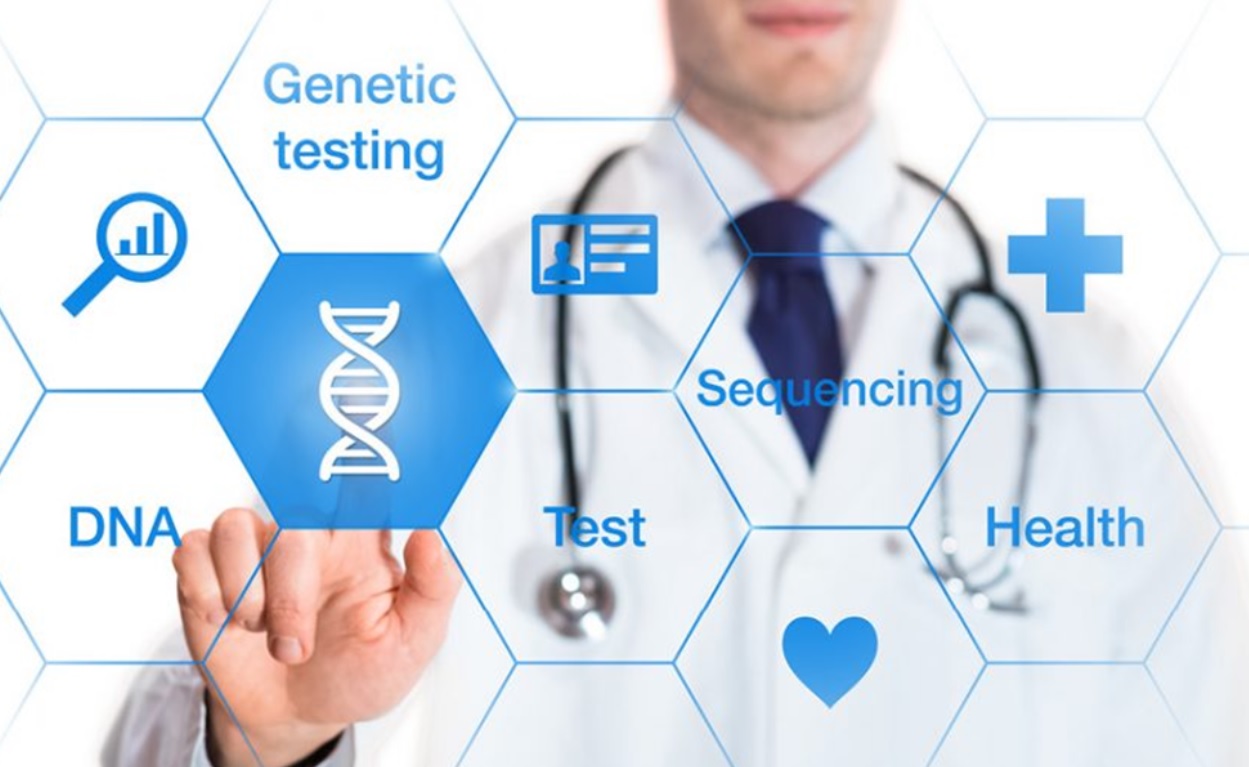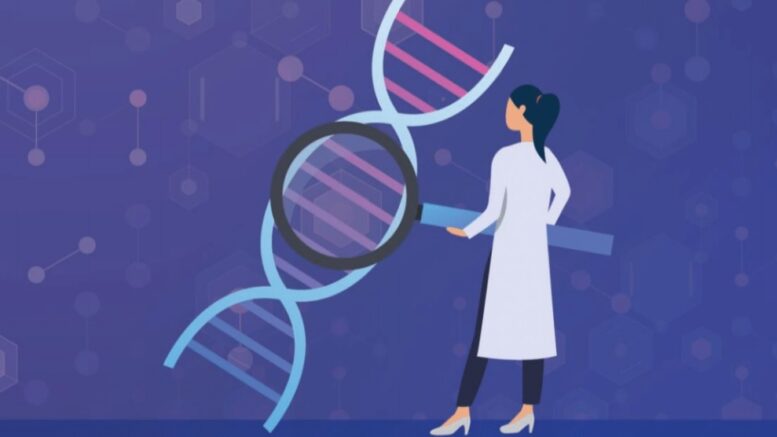There is a long list of hereditary health complications. This simply means that these health complications can be passed down from one generation to the next. Prime examples include:
- Hemophilia
- Cystic Fibrosis
- Sickle Cell Disease
- Familial Hypercholesterolemia
- Huntington’s Disease
- Marfan Syndrome
- Polycystic Kidney Disease
Of course, there are a lot more than the above-listed. For example, somewhere between 5 to 10 percent of cancers can be gotten as a result of genetic association. For more information on this, you can visit: https://www.yalemedicine.org/.
This therefore begs the question of how to diagnose them. Well, the answer lies with hereditary cancer testing, which this article intends to shed more light on. So, read on to stay informed.
Basic Information about Hereditary Cancer Test
There is quite a lot to know about it. However, some of the very common and important details about it are disclosed below:
What Is It Meant for?
It is mostly recommended for people who belong to families where cancer cases occur. The reason is because some can be hereditary. As a result, this is about promptly identifying if there is a possibility of developing any and taking preventive steps, if there are.
If the person tests positive, it can also play a huge part in revealing other details important for subsequent actions. However, it can be used by people who do not belong to families where cases of cancer are recorded. This is because it can prove very helpful in identifying cancerous cells and even people with elevated risks of developing various cancerous conditions.
What Does Hereditary Cancer Test Look For?
This diagnosis critically examines certain genes. For example, a critical examination of the following genes can reveal if a person has or is susceptible to having some cancer conditions:
- TP53 – Breast, brain, or ovarian cancer
- Lynch Syndrome Genes – Colorectal cancer
- BRCA1 & BRCA2 – Ovarian and breast cancer
By and large, it is about checking certain genes for mutations that could imply a person having certain kinds of cancerous conditions.
What Are the Testing Processes Like?
The process starts with getting samples. This is either a saliva or blood sample, depending on the kind of Hereditary Cancer Test product that is being used. Afterward, the obtained sample is then cross-examined.
The cross-examination happens in a medical laboratory and the goal is to detect the presence of genetic mutations (if any). The result of the medical diagnosis is then sent back to the person.

How Long Does It Take to Get a Hereditary Cancer Test Result?
The result can be gotten as early as 2 weeks. However, this depends on factors such as:
- The type of product used
- The pace of the laboratory
- Availability of a doctor or genetic counselor
On the whole, it is safe to say that the result should be out in a few weeks. This could be between 2 – 5 weeks.
What Determines the Cost of Hereditary Cancer Testing?
What it costs to run such a diagnosis depends on factors such as:
Number of Tested Genes
There are situations in which more than one gene would need to be cross-examined for the presence of mutations. For example, this could be because the person’s family has a history of being susceptible to two entirely different cancer conditions present in more than one gene.
As a result of this, cross-examination of more than one gene would be required. Of course, this increases the cost of conducting this test as more diagnostic effort would also be required.
Insurance Coverage
Some people have insurance coverage that would partially or entirely cover the cost of this medical diagnosis. It is the other way around for certain individuals, which means that such people have to bear the cost themselves.
Official Incentive/Financial Assistance
The cost of undertaking this medical diagnosis can be subsidized as part of a financial incentive for working in an establishment. It could also be a result of access to a certain financial aid program.
Should You Be Worried About Privacy or Discrimination with Hereditary Cancer Testing?
Some laws forbid violating the confidentiality of people who undertake these tests or discriminating against them. These laws and policies are usually location-bound.
For example, GINA (Genetic Information Nondiscriminatory Act) is a prime example in the United States. You can click here for more information about it.
Are Support and Counseling Services Available?
People who undertake this medical diagnosis have access to support and counseling services. These can be engaged before and even after having the test. By and large, the intent is to:
- Help people deal with the emotional impact of undertaking these tests and/or dealing with the result
- Help people become aware of the implications of test results
- Ensure that informed decisions are made going forward
To this end, concerned individuals should not shy away from using these services, if the need arises.
Conclusion
Accurate and timely medical diagnosis is very important for several reasons. This is why people who need Hereditary Cancer Testing should not shy away from making the most of it.
However, the right medical products should also be used. This way, accurate, timely, and actionable results will be provided.
